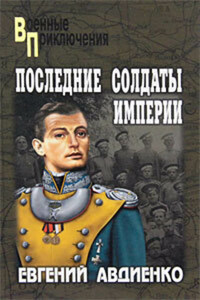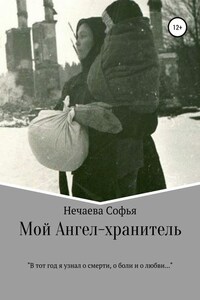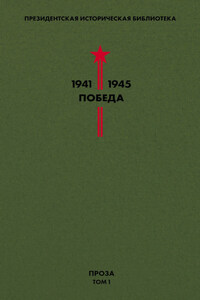Copyright
4th Estate
An imprint of HarperCollinsPublishers 1 London Bridge Street London SE1 9GF
www.4thEstate.co.uk
First published in Great Britain by Bloomsbury Publishing Plc in 2013
This eBook edition published by 4th Estate in 2017
Copyright © Elizabeth Day, 2013
Elizabeth Day asserts the moral right to be identified as the author of this work
A catalogue record for this book is available from the British Library
This novel is entirely a work of fiction. The names, characters and incidents portrayed in it are the work of the author’s imagination. Any resemblance to actual persons, living or dead, events or localities is entirely coincidental.
All rights reserved under International and Pan-American Copyright Conventions. By payment of the required fees, you have been granted the non-exclusive, non-transferable right to access and read the text of this e-book on-screen. No part of this text may be reproduced, transmitted, down-loaded, decompiled, reverse engineered, or stored in or introduced into any information storage and retrieval system, in any form or by any means, whether electronic or mechanical, now known or hereinafter invented, without the express written permission of HarperCollins
Source ISBN: 9780008221737
Ebook Edition © July 2017 ISBN: 9780008221744
Version: 2018-03-06
Praise for Home Fires
‘Elizabeth Day writes with unflinching, responsible honesty’ Sadie Jones
‘It’s to Elizabeth Day’s credit that she turns her back on the conventional narrative to explore the realistic consequences of war and violence on the women who, to cite the song to which the novel’s title alludes, keep the home fires burning. Day chooses the tough option at every turn, with the result that the novel becomes a powerful and, at times, heartbreaking account of Caroline and Elsa’s inability to deal with their crises. The prose is crisp and forthright, particularly when Day is describing the variations of violence, although she has a piercing eye for a telling phrase or a poetic flourish’ Irish Examiner
‘Brilliant’ Viv Groskop, Red
‘Day is an empathetic observer. She is meticulous in teaching and dissecting each sentence her characters experience … Home Fires conveys a broader version of life with the claustrophobia of emotional repression’ Eileen Battersby, Irish Times
‘Day has created a compelling study of grief, not least the conflicting ways in which the bereaved may wish to remember the dead … A bold novel, shocking in what it confronts and also in its suggestion that love will, ultimately, survive trauma’ Daily Telegraph
For my grandparents, who wanted me to write stories.
Prologue
The water is closing in.
Her limbs are heavy. Waterlogged like wool left to soak.
Slipping, sliding, she feels herself go.
She smiles.
Nothing to stop her from falling.
Not now. Not any more.
Elsa, 1920
They have come to see the marching men.
She is holding her mother’s hand, her fingers clasped around the familiar firmness of palm, knuckle, skin. She clings to it, tightly.
Her mother has told her that she must not, for any reason, let go in case they lose each other in the crowd. On either side of her, people jostle for space. She can hear the swish of ladies’ dresses, the dry coughs and small exhalations. All around, there are legs and waists and shoes. She fixes her gaze on the back of a pale blue skirt directly in front of her, the heavy material gathered up in an old-fashioned bustle that sticks out as if it is a face, as though the skirt is talking to her.
If she cranes her head round, still holding on to her mother’s hand, she can just about make out the street, appearing here and there in between the gaps left by shifting adult limbs. She wishes she could see better. She is always wishing for more than she has. When her father came back from the war, it was one of the first things he noticed about her: that she was too impatient, that she should be quiet and meek and talk only when spoken to.
‘Bite your tongue, child,’ he would say, even though he had been away for years and was a stranger to her.
She stares through the crowd, trying to focus on the procession. Her mother has told her this is a solemn occasion.
Solemn.
She likes the sound of the word, dense and slippery on the tongue.
There is a quick movement to one side of the blue skirt, a shifting swirl of something that Elsa takes several seconds to make out. Squinting hard, she sees it is the brown-beige lacquer of a horse’s hoof. From her vantage point, she can make out the silvery glimmer of its shoe, a crescent shape nailed neatly into the curve of its foot. The horse walks forward. The road is coated with sand and when the horse’s hoof makes contact with the ground, it thuds gently, the impact blotted by the granular surface.












